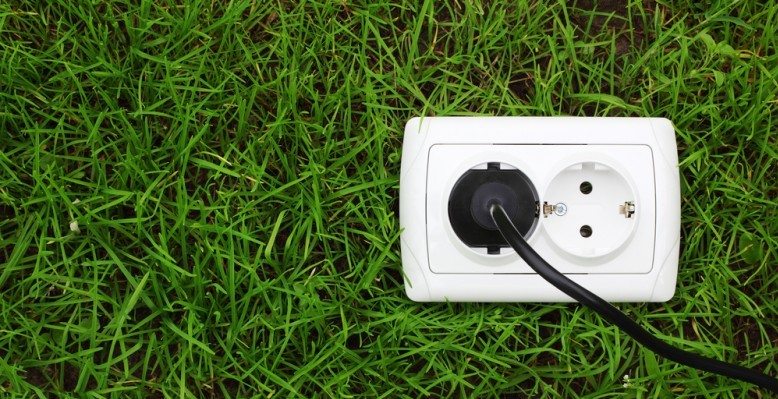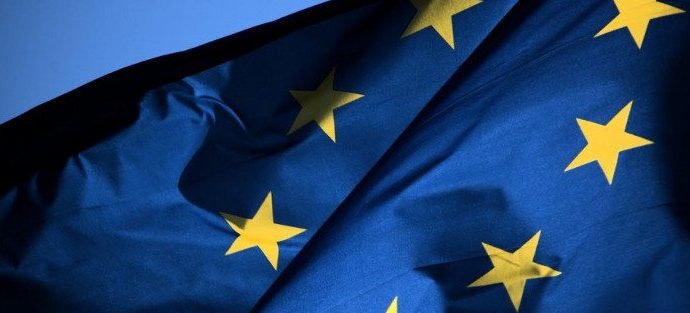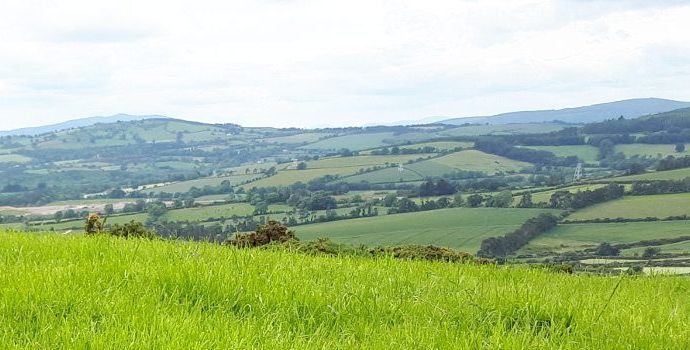Farmer Co-operation Central To Achieving Ireland’s Electricity Future

IFA President Tim Cullinan said it’s paramount that both EirGrid and the ESB fully recognise and respect that the co-operation of farmers is essential to the development of grid infrastructure in Ireland.
Meeting the 500MW micro-generation target by 2030 as outlined in the EirGrid Roadmap ‘Shaping our Electricity Future’ can only be achieved with farmer support.
Tim Cullinan said farmers recognise the need for infrastructure development and, in general, have facilitated the process over the years through various agreements between ESB/EirGrid and IFA.
“Working through mutual agreement is the best approach. This can only be achieved when farmers’ statutory rights are fully protected, and compensation and goodwill payments reflect the impact of the developments,” he said.
He said that farmers are entitled to compensation for all damages and losses, disturbance, inconvenience and costs, including the devaluation of their properties and the impact on their farming businesses.
IFA Environment Chair Paul O’Brien said it was encouraging to see the increased ambition for the potential of micro-generation to contribute 500MW by 2030.
“Farmers want to be central players in Ireland’s energy transition. They recognise the opportunities of microgeneration to produce energy for their use and diversify their farm income by selling excess energy back to the grid. Thus enhancing the sustainability of their farm business,” he said.
Ireland’s adoption of renewable technologies at farm level is well below the European average.
In 2018, Ireland ranked 23rd out of the EU-27 countries for renewable energy from agriculture, producing just 2.6% compared with the EU-27 average of 12.1%.
He said it’s vital that the scope of the Microgeneration Support Scheme (MSS) is widened, making farm and community-based microgeneration projects viable.
“The net payback period for most on-farm scenarios in the draft scheme is too high and must be reviewed,” he said.




